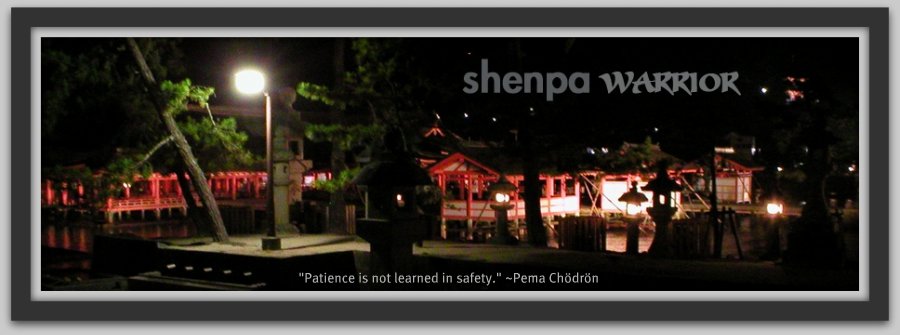A colleague and I led a discussion on lesbian and gay families in class last week. Here are some of the talking points from the text:
- “Lesbians and gays are simultaneously depicted as chic and pioneering, and as a major sign of social deterioration and the source of the destruction of the family as we know it.”
- “There is no uniform or normative definition for the “gay family” any more than there is for the “American family.”
- “Governments, through social and family policies, determine the rights, rules, and benefits for families… in the process encouraging some family forms and discouraging others.”
- “This fiery and continuing national debate has nothing to do with the success, mental or social health, or social responsibility of lesbian or gay couples and their children. It has everything to do with cultural struggles over the meaning of “family,” and protecting and preserving heterosexual marriage..."
- “It is clear that gay and lesbian expressions of family and kinship are having profound effects on the larger society’s construction of these categories.”
What think Ye of these points? What would it be like to be simultaneously considered "pioneering" and a "sign of deterioration" (#1)? Legalizing gay marriage will have an effect on society. The important point is, what kind of effect? Should we widen the "legal" definition of a "married couple" or is it a threat to the heterosexual definition of The Family? Why?
I think the real threats to the "The Family" are poor parenting, disorganized attachment, lack of adequate health care, the idea that love = romance, and extremely poor emotional regulation and relationship skills, to name just a few. These problems exist in families across the board, despite sexual orientation, race, gender, religion, or ice-cream flavor preference.
Rather then spending so much time and money in California and elsewhere, imagine if we all put the same money and effort into providing effective mental health care, parent and couples education, and programs like Circle of Security? What if we went door to door and put up signs and made phone calls and read letters over the pulpit encouraging community action to work on these insidious problems that have been plaguing The Family for generations?





